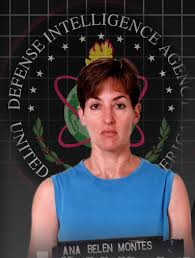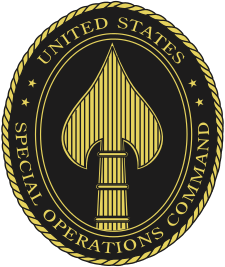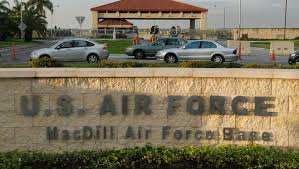The threat few see
By Toby Westerman, Renew America
October 30, 2019
In America there is some awareness of the military threat posed by Russia and the Peoples Republic of China (PRC). There have been warnings from the U.S. military concerning the PRC’s growing challenge to the U.S. in the Pacific. Russian ballistic missile and land forces are a reality to most Americans, a legacy from the Cold War, but all perspective relating to Moscow’s strategies and tactics are lost to millions in the U.S. on account of unsubstantiated charges of some effective interference in U.S. elections and the presence of Russian “agents.” While these assertions have been made loudly and received much media attention, solid proof has been lacking.
Not only has the Russian threat become a punch line in some political and media circles, but the very real danger coming from Russia and one of its most active client states seems to be ignored. The Communist gulag state of Cuba, an ally of Moscow for more than 60 years, poses an immediate threat to the United States both as a base for spying against the U.S. as well as a military danger to nations in the Western Hemisphere friendly to the U.S.
Within the U.S., Cuban espionage has been working to guide U.S. foreign policy, gather information on the readiness of the American military, and disrupt – even to the point of murdering – Cubans opposed to the Communist regime in Cuba. The arrest in 2001 of Ana Belen Montes, a former senior analyst for the Defense Intelligence Agency, provided a shocking example as to how effective Cuban intelligence could be.
Montes was the “go to” person on all things relating to Cuba, and her opinions helped mold U.S. policy toward Havana. While performing her top secret duties, she also informed her Cuban handlers of all the restricted information to which she was privy as a high ranking DIA advisor. (Montes is due to be released in 2027).
Earlier, in 1998, the FBI broke a spy ring referred to as the Wasp Network (La Red Avispa). Five of the ring were tried and convicted of charges ranging from being agents of a foreign power to conspiracy to commit murder. Sentences ranged from 15 years to two life terms for one individual. The U.S. Southern Command, which had recently moved from Panama to Florida, was a major target. [It should be noted that two served their sentences and three were released as part of a de facto prisoner swap.]
The reader should also be aware that the newly released spy-thriller, “Wasp Network,” by Oliver Assayas, has little in common with the actual activities of “La Red Avispa.” An editorial note on Cuba Confidential, which carries a September 2, 2019 review of the film, states “Any similarities between this movie and the real Wasp Network are purely coincidental…the real Wasp Network played a central role in the premeditated murder of four Americans, influenced the U.S. political system at the local, state and Federal levels; spied on numerous military targets including SOUTHCOM, CENTCOM, SOCOM, NAS Key West and Barksdale Air Force Base; intimidated American media outlets, manipulated the Cuban American community, etc.”
Article continues here: The Cuban Empire




